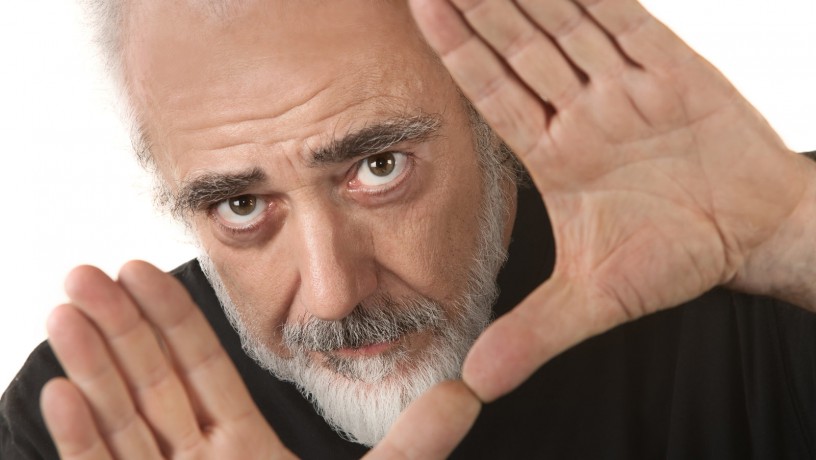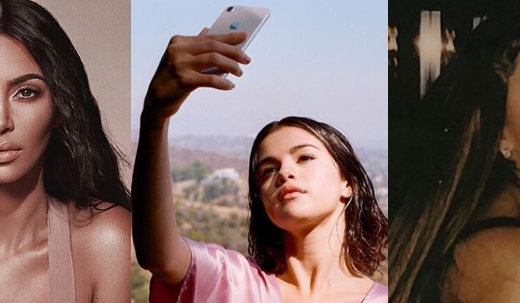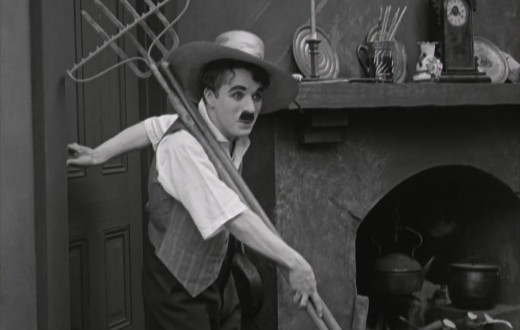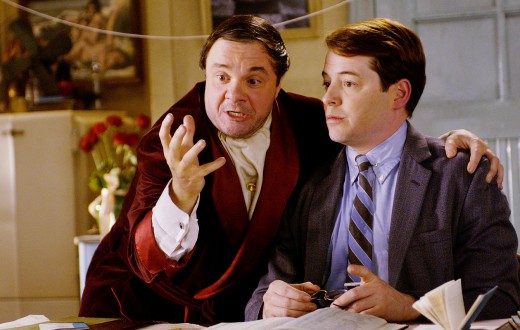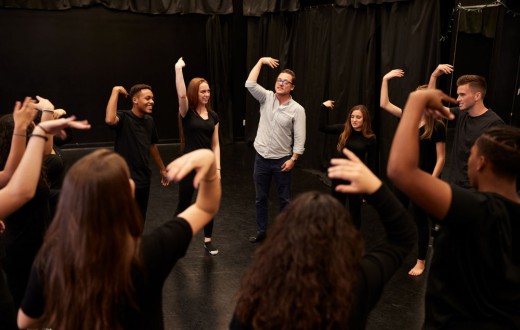Acting is an art form that has been around for centuries, and it has the power to both entertain and educate audiences. However, when executed poorly or without proper consideration, it can also be a conduit for promoting negative values. This article will explore how acting often encourages undesirable messages, such as racial prejudice, gender biases and cultural stereotypes. It will also discuss the various ways that actors and directors can take steps to ensure their performances do not inadvertently propagate these damaging ideologies.
Racial Prejudice
Racial prejudice is an issue that plagues many aspects of modern life, including acting. It’s kept certain minority groups from having access to roles they deserve and, in some cases, should have earned through hard work and dedication.
Racial prejudice affects casting decisions for roles, leaving many actors discriminated against because of their race or ethnicity. This can range from being offered roles that are stereotypical or offensive to being denied the opportunity to audition altogether. Racial prejudice also affects how actors of color are perceived by audiences, leading them to be cast in fewer leading roles than white actors.
We can take this a step further. Behind the scenes, there’s still a higher percentage of writers and directors who are white. But hold up! We can go even further because UCLA released study results in October 2022 which states that white men are given larger budgets to work with than people of color or women. You can see UCLA’s report here.
Gender bias in the acting industry is a pervasive and enduring problem. Women are routinely excluded from leading roles, typecast into certain roles and underpaid compared to their male counterparts. In recent years, there has been an effort to shed light on the issue of gender bias in film and television by highlighting disparities between women’s compensation and visibility versus those of men.
Women’s roles have traditionally been seen as supporting or secondary characters while men take center stage as protagonists and leads. Furthermore, women are likely to be cast in romantic comedies or action films that exploit their sexuality instead of building strong female characters with depth. Think Indiana Jones and the Temple of Doom. This form of gender stereotyping reduces opportunities for women to develop complex narratives that can challenge existing stereotypes about gender identity and representation within the entertainment culture.
Now, don’t get me wrong. The switch is flipping, but perhaps not fast enough. Take a quick moment to read about How Murdered and Abused Women Finally Got Their Due on TV.
Cultural Stereotypes
Cultural stereotypes in acting have been a long-standing issue. Hollywood has historically portrayed certain people of color, genders and ethnicities as one-dimensional characters with limited characterization. Over the years, this has caused an immense amount of backlash from viewers and critics alike who are fed up with these tropes being perpetuated on screen.
Despite increasing representation and opportunities for diversity, there’s still much work to be done. While some studios make strides towards rectifying this issue through casting decisions, others cling to outdated generalizations about certain cultures that can be damaging if left uncorrected. Consequently, actors of all backgrounds must take action both on set and off screen in order to ensure that their stories are being accurately represented within the industry for future generations.
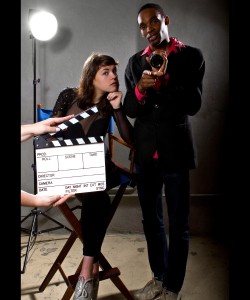 How Actors, Directors and Casting Directors Can Get Involved
How Actors, Directors and Casting Directors Can Get Involved
Actors, directors and casting directors are often seen as the face of film and television production. They have the potential to bring positive values to their projects and influence audiences in a powerful way. With this power comes great responsibility, however; it’s up to these three roles within the entertainment industry to ensure that their work reflects a commitment to positive values.
To get involved with positive values, actors can dive into research about characters they play or topics related to their current project. Directors should consider stories that reflect universal truths rather than those that rely on stereotypes or outdated ideals. Casting directors should create diverse opportunities for all types of performers regardless of race, gender identity, or sexual orientation. All three can also seek out productions with an ethical code of conduct and use their platform to participate in social activism when possible.
See How Casting Director Carla Hool Is Changing The Game For Latinx Actors.
Now, I get it. There’s big money in entertainment which could influence people’s decisions on which roles they take and which movies to produce. But the industry is changing and we’re at a point in time where we can actually do something about it. So think about where you stand in the ever changing, hopefully growing, world of show business, and decide how you can help promote positive values instead of negative ones.

